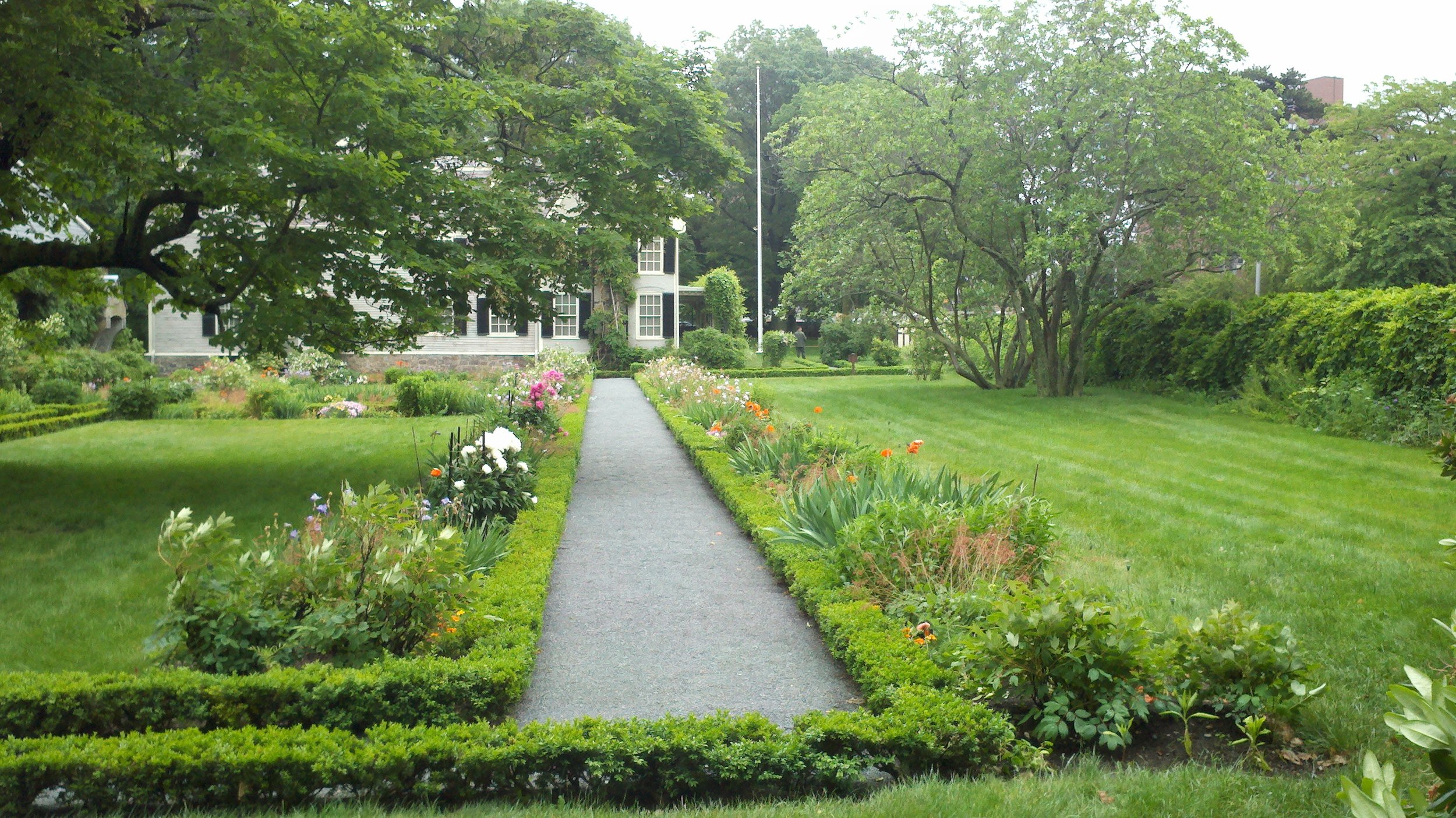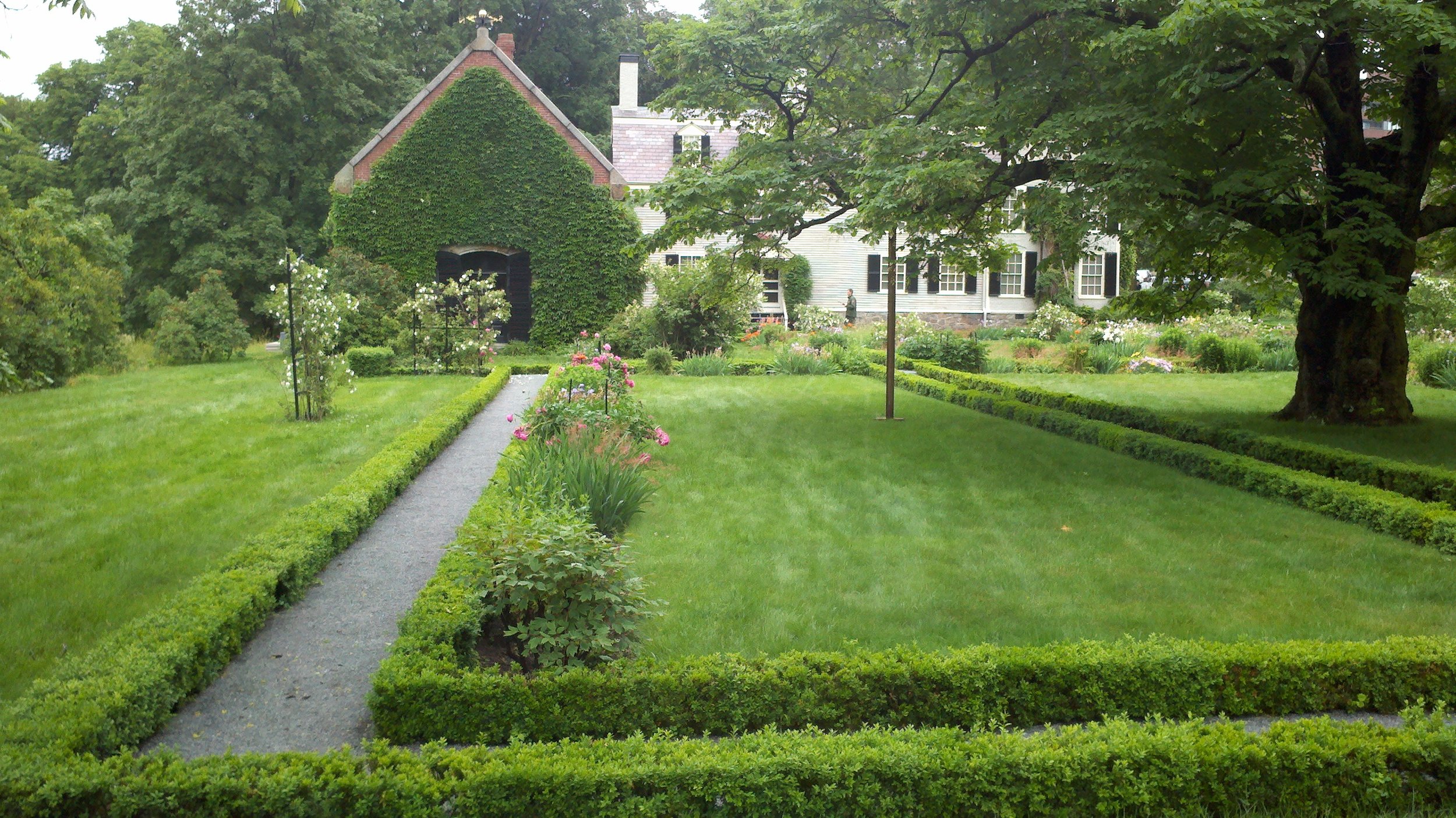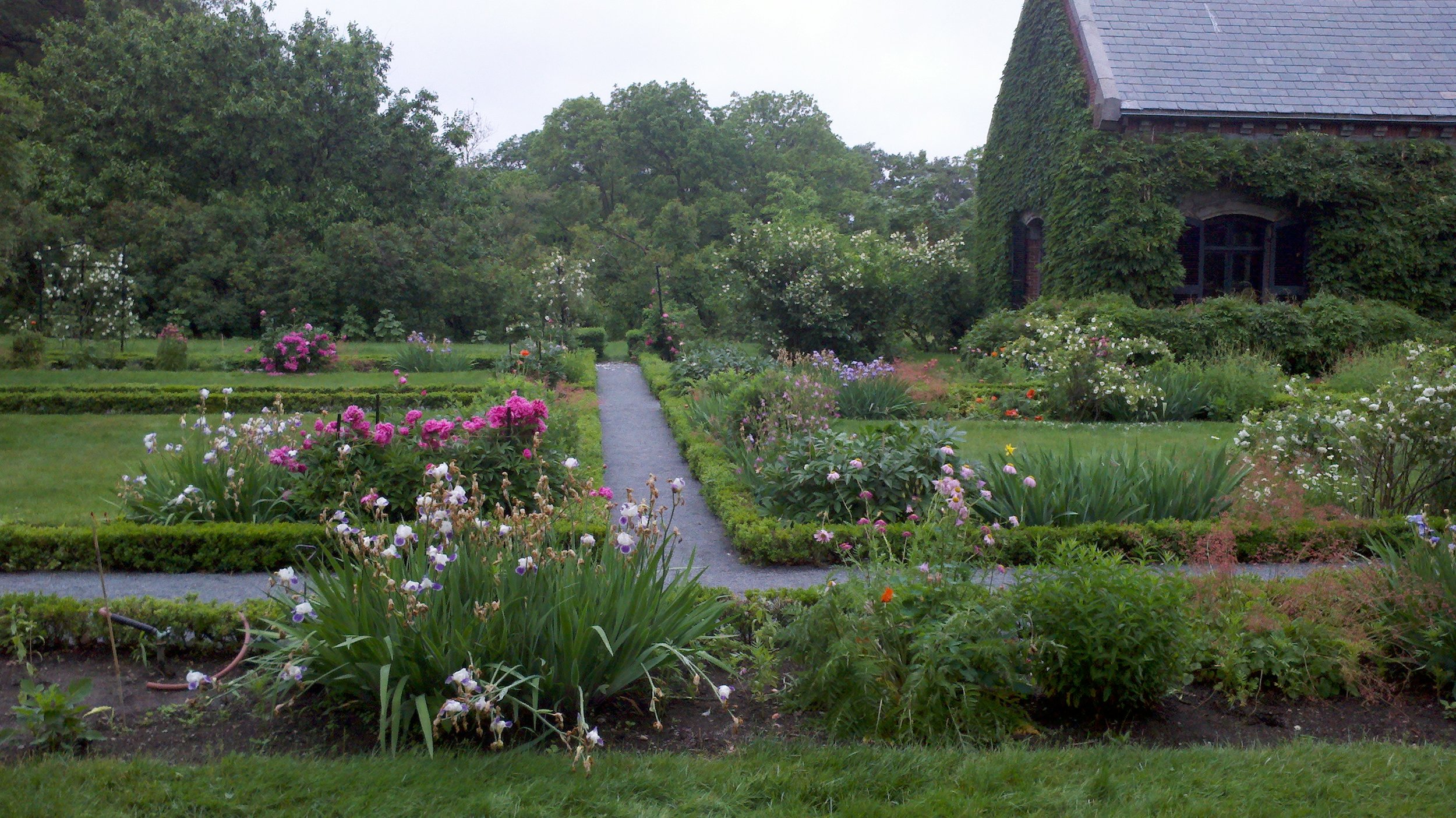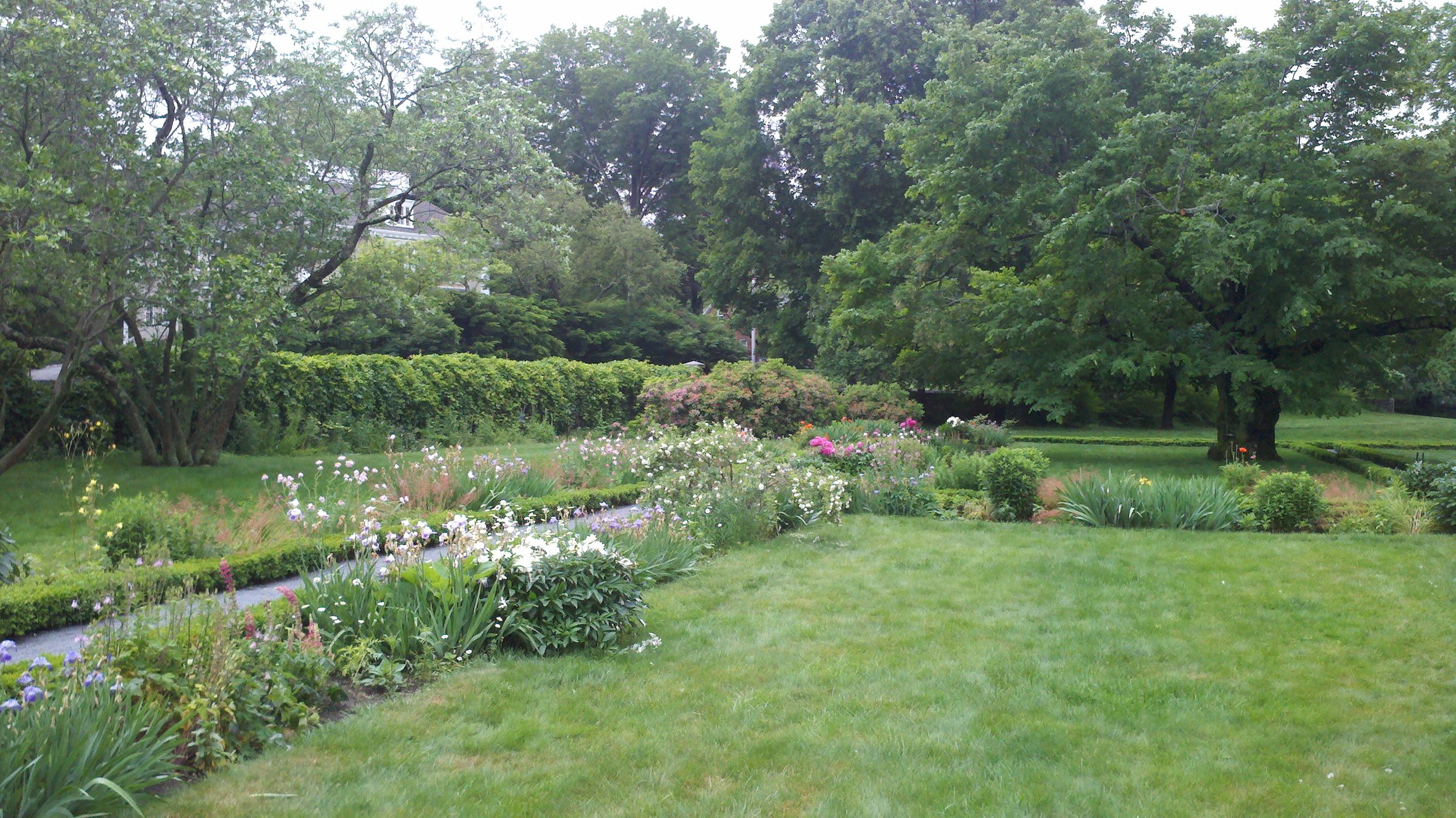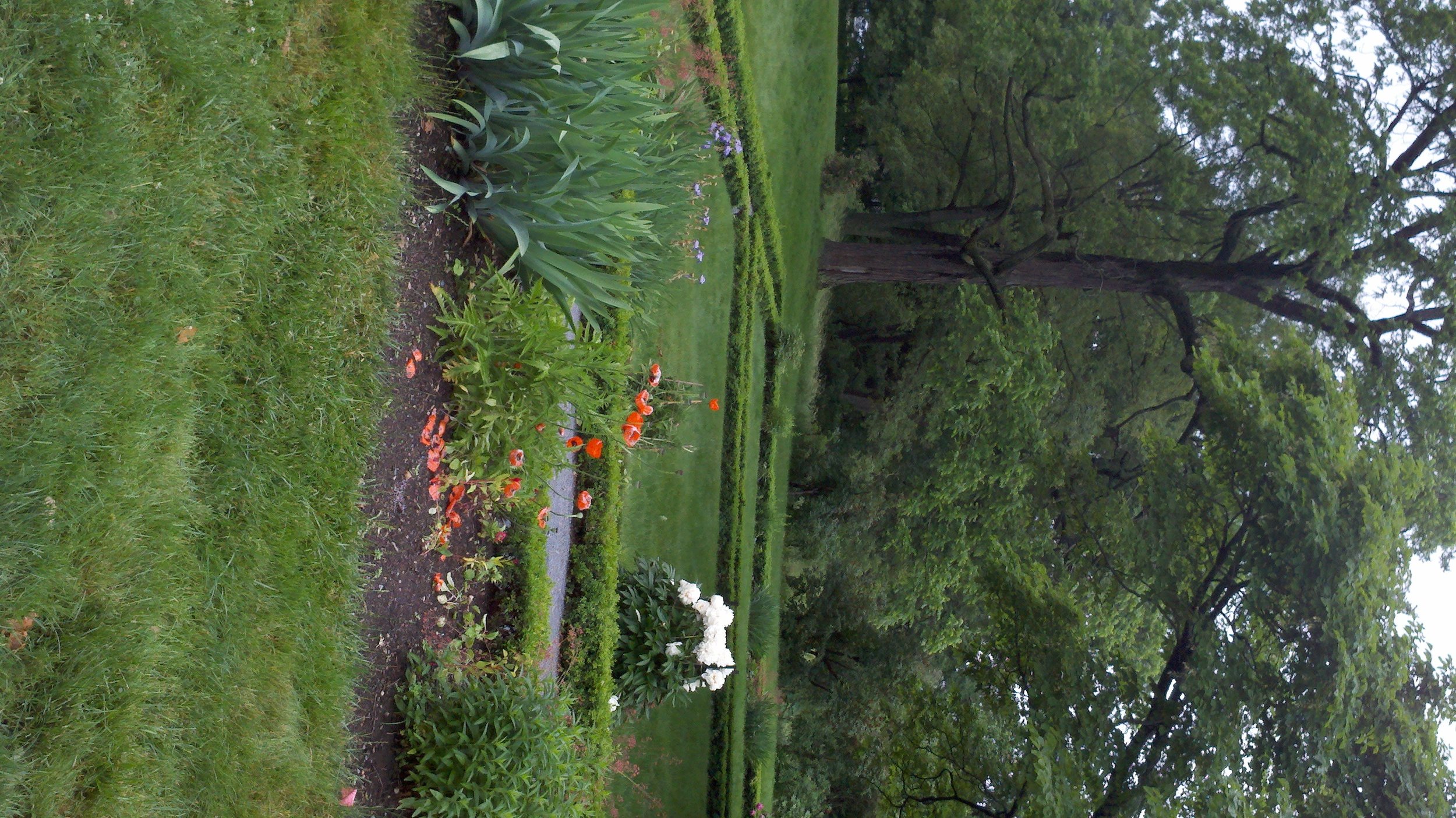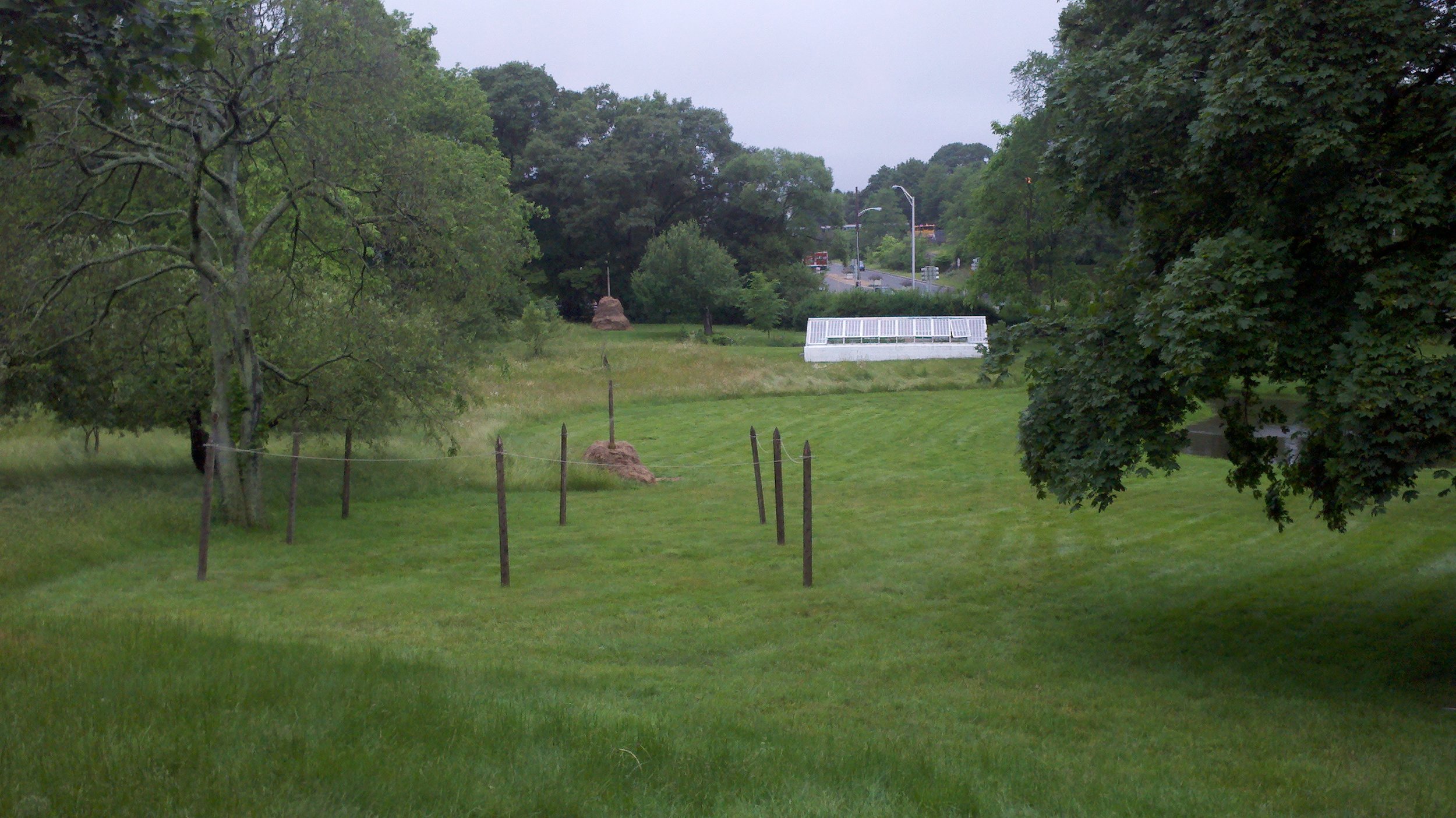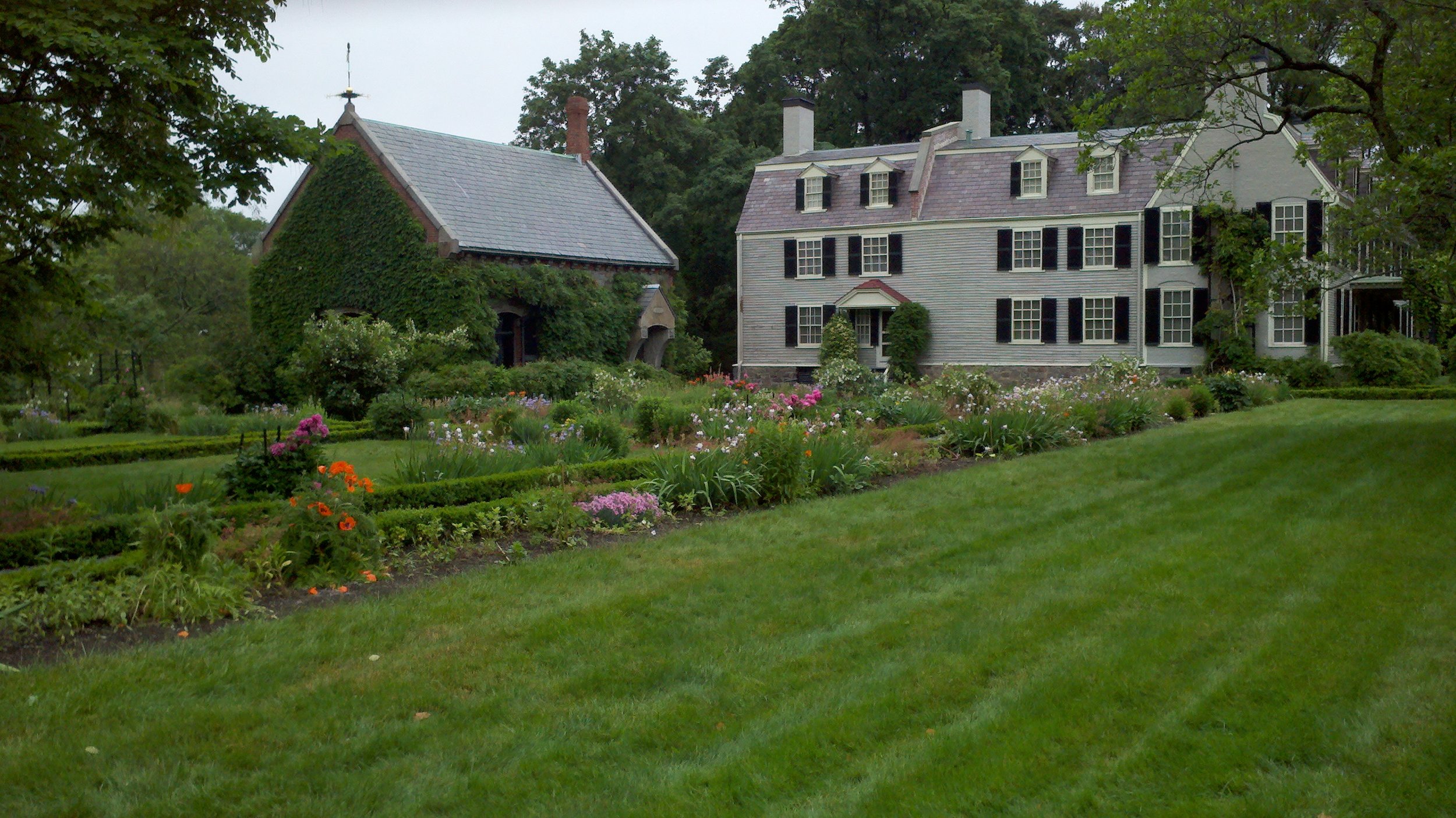 I am ashamed to admit it, but when I arrived here in the US, I knew relatively little about the founding fathers of the country. Most of what I knew came from the HBO series John Adams, which focussed on the life of the second president of the United States. As it turned out, I now realise, this wasn't a bad introduction to the subject.
I am ashamed to admit it, but when I arrived here in the US, I knew relatively little about the founding fathers of the country. Most of what I knew came from the HBO series John Adams, which focussed on the life of the second president of the United States. As it turned out, I now realise, this wasn't a bad introduction to the subject.
Aside from the history it was trying to communicate, two little details stuck in my memory. First was that I am sure that everyone ate their meals while holding their knife and fork the English way (fork in the left hand and knife in the right hand) rather using the modern American convention of cutting up the food, putting the knife down and transferring the fork to the right hand. (This has nothing to do with the rest of this article, but I thought I would mention it anyway.)
Second was the beauty of the garden in Adam's Massachusetts home. I have mentioned before of my love of the English gardens (describing my parents' gardens in England and Spain) and how much I miss them here in the US. Also I have described, here, why I think they are such an important symbol of the properly ordered relationship between man and the rest of creation; as well of the culture of life the antidote to the 'culture of death'.
Coming back to John Adam's garden. Here was the evidence that it was possible to have a beautiful garden in New England. Recently I found out that John Adam's house is still standing in Quincy, Massachusetts, and the gardens are maintained in their traditional form. I decided I had to get down there and have a look. The house is surrounded by a modern suburb of Boston (and one that is not particularly attractive). It was also the home of Adam's son who was the nation's sixth president, John Quincy Adams. The garden is preserved as it was designed and planted by Louisa Catherine Adams, wife of John Quincy Adams, who was English. The orthogonal shaped herbacious borders remind of what i might have seen in my parents' home and, I was told, reflect the design of a garden in England in the first part of the 19th century.
Beyond the formally laid out flower beds the ground are a landscaped farm and orchard as well as nursery greenhouse. This gives a sense of the agricultural and ornamental cultivation of the land - the Martha and the Mary of man's dominion over creation.

